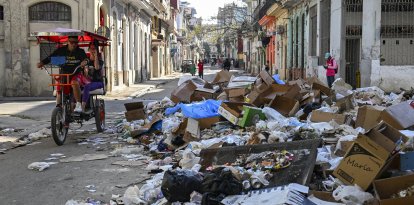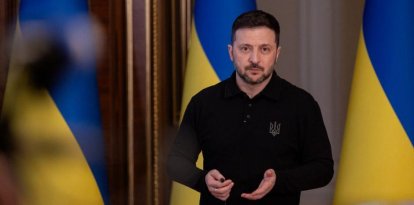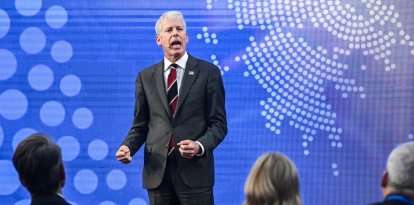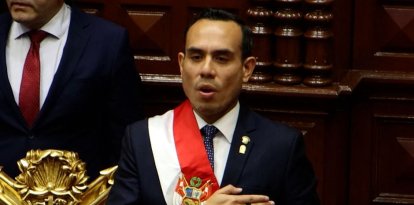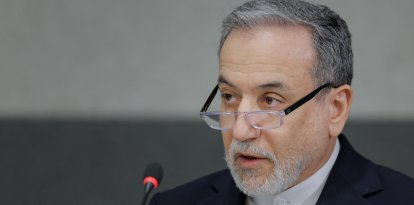France: Farmers block roads and the government announces new measures
Prime Minister Gabriel Attal promised to stop fuel prices and taxes from increasing, which are protesters' main demands.
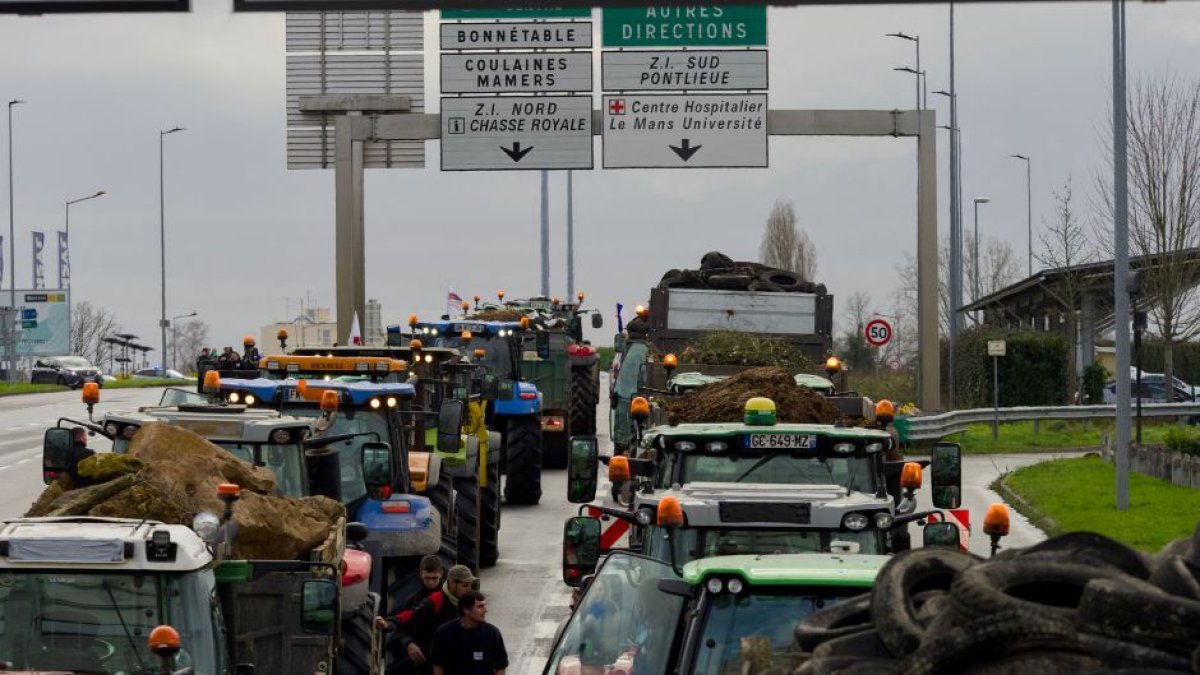
(GUILLAUME SOUVANT / AFP)
French farmers have declared war on the French government. They believe their country is prioritizing foreign imports. They are also concerned about unfair competition. High taxes and fuel prices make agricultural work difficult. There have been similar protests - although each with their own particular reasons - in other European countries such as Germany, the Netherlands, Romania and Poland and could spread to other nations such as Spain.
In France, the situation led farmers to block several major roads, even disrupting traffic with pickets on the main roads leading to Paris, the country's capital. In addition, massive demonstrations and protests - backed by unions - were called in various parts of the country.
The government agrees on aid
This is the first crisis that Gabriel Attal has faced since taking office at the beginning of the year. The new French prime minister tried to calm farmers by announcing several measures to help the sector.
Among these initiatives, Attal promised that his administration would stop fuel prices from continuing to rise. This is one of the farmers' main complaints. He claims he will put an end to the increases in fuel taxes for tractors or other vehicles for agricultural use, something that the European Union (EU) urged to reduce harmful emissions.
France opposes the agreement between the EU and Mercosur
The protests coincide with France's recently announced opposition to the pact between the EU and the South American countries that are members of Mercosur. Both the French government and the farmers believe that signing this agreement would mean unfair competition for products from South America.
The EU pointed out that the pact is important to "increase bilateral trade and investment with more stable rules, lower tariff and non-tariff trade barriers and promote joint values such as sustainable development and increase environmental protection," among other arguments.













